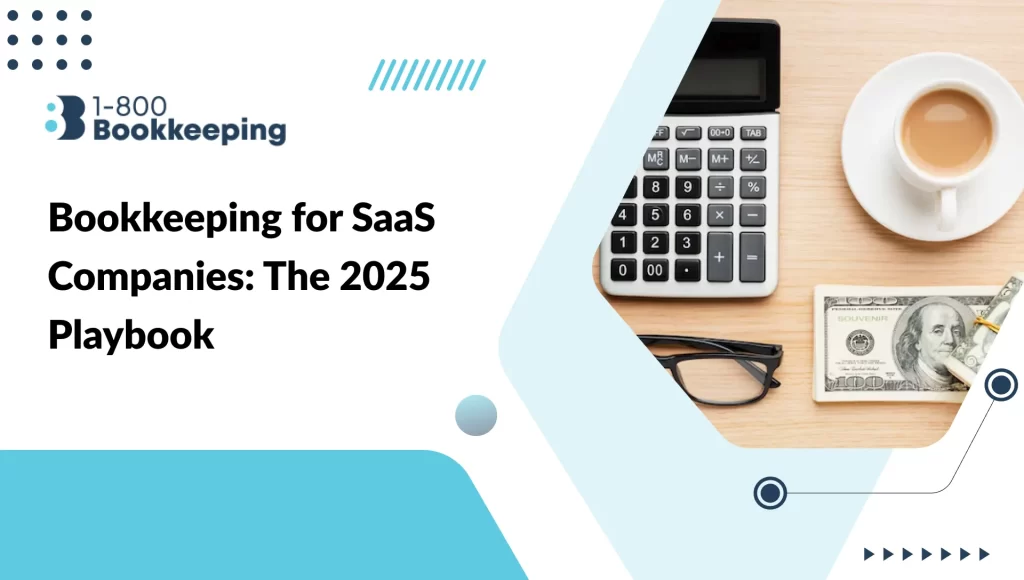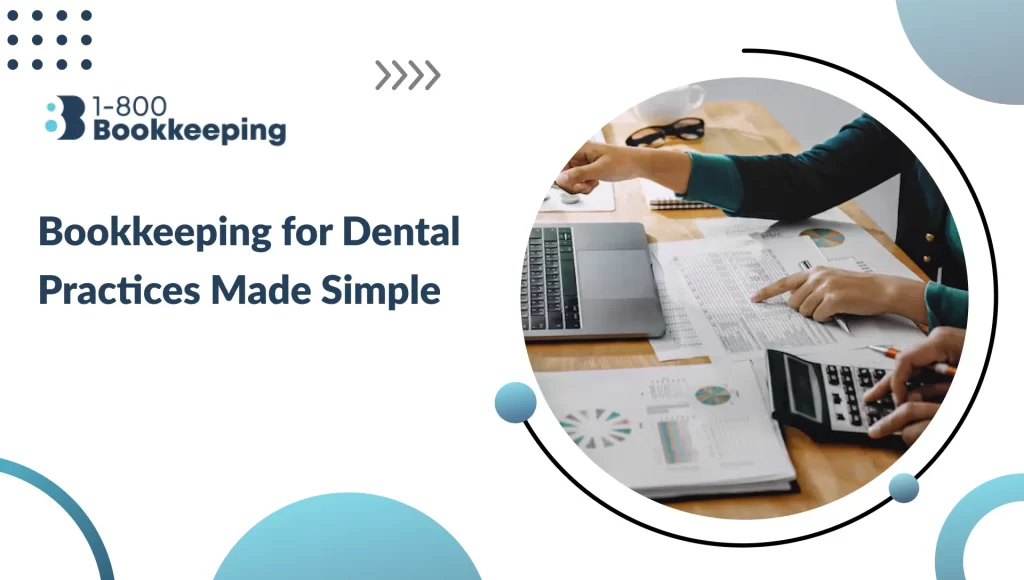What Is Catch-Up Bookkeeping?
Catch-up bookkeeping involves updating and organizing your business’s financial records when you fall behind. It involves sorting through receipts, invoices, bank statements, and other financial documents to ensure all your records are accurate and up to date. This service is crucial for businesses that have missed bookkeeping tasks over a few weeks, months, or even years.
Catching up on your books can help you gain a clear financial picture that helps with tax compliance, financial planning, and decision-making. Keeping your books in order also reduces stress and sets a solid foundation for the future.
How Does It Differ from Regular Bookkeeping?
While regular bookkeeping involves recording financial transactions as they occur, catch-up bookkeeping focuses on going back in time to fill in the gaps. It’s more intensive and requires a detailed review to reconcile past errors or missed entries. The process may involve scrutinizing numerous documents and can take longer, depending on how far back the records are missing.
Why Choose 1800 Bookkeeping for Catch-Up Bookkeeping Services?
At 1800bookkeeping, we understand that falling behind on your bookkeeping can feel overwhelming. That’s why our catch-up bookkeeping service is designed to relieve the burden, giving you peace of mind while ensuring your business’s financial health is back on track. We offer a streamlined approach tailored to your business, whether you’ve missed a few months or several years of financial records.
Our Comprehensive Catch-Up Bookkeeping Process
When you choose 1800bookkeeping, you’re not just hiring a bookkeeper—you’re partnering with a team committed to accuracy and efficiency. Here’s how we help:
- Initial Review and Consultation
We begin with a detailed consultation to assess your needs and determine how far back your books need updating. Our experts provide a clear action plan, estimating the time and resources required to bring your records current. - Document Collection and Organization
We guide you through collecting all necessary documents—bank statements, receipts, invoices, etc.- and, if needed, assist in digitizing and organizing these records to ensure a smooth process. - Accurate Data Entry and Reconciliation
Our experienced bookkeepers enter every transaction accurately, reconciling your accounts to match your bank and credit card statements. We ensure that every dollar is accounted for so your financial picture is complete and clear. - Customized Financial Reports
Once your books are up to date, we provide custom reports showcasing your business’s financial health. These reports help you make informed decisions, whether it’s for tax preparation, financial planning, or presenting to investors.
Why Work With Us?
Choosing 1800bookkeeping means getting more than just a service; you’re gaining a reliable partner who cares about your business’s success. We work closely with you, offering insights and advice to help you stay on top of your finances moving forward. Our team can answer questions and provide support, ensuring you never fall behind again.
If your books need catching up, don’t let the stress of bookkeeping slow you down. Contact us today to see how we can transform your financial management, giving you the clarity and control your business deserves.
What Happens During a Catch-Up Project?
When you start a catch-up bookkeeping project, you aim to keep your financial records current. The following steps outline what happens during this process:
- Initial Assessment
The first step is a comprehensive review of your current financial status. A bookkeeper or accountant examines your existing records to identify gaps. They will also estimate how much time and effort the project will take based on the number of months or years that are missing. - Document Collection
All necessary documents—bank statements, invoices, receipts, payroll records—are gathered. Digital records make this process quicker, but if you have paper copies, you may need to digitize them to streamline the process. - Data Entry and Reconciliation
The bookkeeper enters missing transactions into the accounting software. They then reconcile your bank statements, credit card statements, and other financial documents to ensure that all figures align accurately. - Financial Report Generation
After reconciliation, the bookkeeper generates financial reports, including balance sheets and profit & loss statements, to provide a clear view of your business’s economic health. - Review and Adjustments
The bookkeeper will check for errors or discrepancies and make adjustments as needed. During this stage, it’s common to discover missed deductions or other overlooked details that could impact your tax filings.
Pro Tip: Consistent communication with your bookkeeper can speed up the process. Regular updates ensure they have everything they need to close the gaps in your records.
When Should I Hire Someone to Catch Up My Books?
Knowing when to seek professional help is crucial. Catching up on bookkeeping can be time-consuming, especially if you’re running a business. Here are some scenarios where hiring a professional becomes essential:
- Tax Deadlines Are Approaching
Falling behind on your books close to tax season can lead to penalties and missed deductions. A bookkeeper ensures your records are in order, helping you file taxes accurately and on time. - You Haven’t Updated Your Books in Months or Years
The longer the gap, the more complex the process becomes. A professional bookkeeper has the tools and experience to organize and input several months’ worth of transactions efficiently. - You Suspect Errors in Your Records
Discrepancies in your financial records can lead to poor decision-making. If your balance sheets or cash flow statements don’t add up, it’s time to bring in an expert to correct these issues. - You Lack Time or Expertise
Business owners often juggle multiple tasks, and bookkeeping can be time-intensive. Outsourcing this task allows you to focus on your core business while ensuring that your books are in capable hands.
Call to Action: If any of these scenarios sound familiar, don’t wait until it’s too late. Engaging a professional bookkeeper today can save time and reduce stress.
The Importance of Catch-Up Bookkeeping
Accurate financial records are the backbone of any successful business. Catch-up bookkeeping is essential because it provides the following benefits:
- Tax Compliance
Late or inaccurate bookkeeping can result in hefty penalties from the IRS. Keeping your books up to date ensures you claim the right deductions and file accurately, minimizing risks during audits. - Improved Financial Decision-Making
Accurate records make strategic decisions easier. Catching up on bookkeeping allows you to generate detailed reports, offering a clearer picture of your profitability, cash flow, and overall financial health. - Better Cash Flow Management
When you’re behind on bookkeeping, it’s easy to lose track of incoming and outgoing funds. Staying updated helps you monitor your cash flow accurately, plan for lean periods, and avoid unnecessary expenses. - Enhanced Business Growth Potential
Investors and lenders often request financial records before they invest in or lend to a business. Updated books show your business’s true value and potential, giving you a better chance of securing financing or attracting investors.
Common Mistakes During Catch-Up Bookkeeping
- Ignoring Small Transactions
Overlooking minor transactions, like small cash expenses, can add up and create discrepancies. To maintain accurate records, it’s crucial to record every transaction, no matter how small. - Not Reconciling Accounts
Skipping account reconciliation is a common mistake. Without reconciliation, it’s impossible to verify whether recorded transactions match bank statements and credit card accounts accurately. - Misclassifying Expenses
Assigning expenses to the wrong category can affect your financial analysis. An experienced bookkeeper ensures expenses are accurately categorized, giving you a true picture of your business performance. - Forgetting to Update Records Regularly
Even after catching up, staying consistent with bookkeeping is vital. Falling behind again only adds more work and increases the likelihood of errors.
When Is It Too Late to Start Catch-Up Bookkeeping?
It’s never too late to catch up on your books. While the process might be more intensive if you’ve fallen behind for years, professionals can work through your records regardless of the timeframe. The key is to start as soon as possible to minimize penalties, reduce stress, and maintain compliance.
If your financial records have fallen several years behind, you might need an audit to verify the accuracy of the backdated entries. Professional bookkeepers can handle this with expertise, ensuring your business remains compliant and ready for growth.
Conclusion
Staying current with your financial records is crucial for every business. Whether you’ve fallen behind for a few months or several years, catching up ensures you have the clarity needed for growth and stability. With the right support, the process doesn’t have to be overwhelming. Hire a professional bookkeeper today and get back on track, keeping your business’s financial future secure and your stress levels in check.
Feeling Overwhelmed by Bookkeeping? We Can Help.
Running a business is demanding, and keeping track of your finances can be a never-ending chore. Many business owners need help with the complexities of bookkeeping, which can leave them frustrated and behind.
1-800 Bookkeeping offers expert services to streamline your financial processes and empower you to make informed decisions.
Our team of seasoned professionals understands the unique challenges businesses of all sizes face. We can help you:
- Free Up Valuable Time: Offload your bookkeeping tasks to our dedicated professionals.
- Gain Peace of Mind: Ensure your financial records are accurate and up-to-date.
- Make Smarter Decisions: Get actionable insights into your business performance through clear and concise reports.
- Feel Confident: Make informed financial decisions based on reliable data.
Don’t let bookkeeping hold you back from achieving your business goals. Contact 1-800 Bookkeeping today for affordable bookkeeping solutions.
FAQs
- What is catch-up bookkeeping?
Catch-up bookkeeping is updating and organizing past financial records when they’ve fallen behind. - How long does catch-up bookkeeping take?
The timeframe depends on how far back your records go and how complex your financial transactions are. It can take a few weeks to a couple of months on average. - Can I do catch-up bookkeeping myself?
Yes, but hiring a professional is recommended if you have several months or years of records to update. Professionals ensure accuracy and help prevent costly mistakes. - How much does catch-up bookkeeping cost?
The cost varies depending on the extent of the work needed. Most bookkeepers charge by the hour, with rates ranging based on experience and service complexity.
What documents do I need for catch-up bookkeeping?
To ensure accuracy, you’ll need bank statements, credit card statements, invoices, receipts, payroll records, and any other relevant financial documents.





